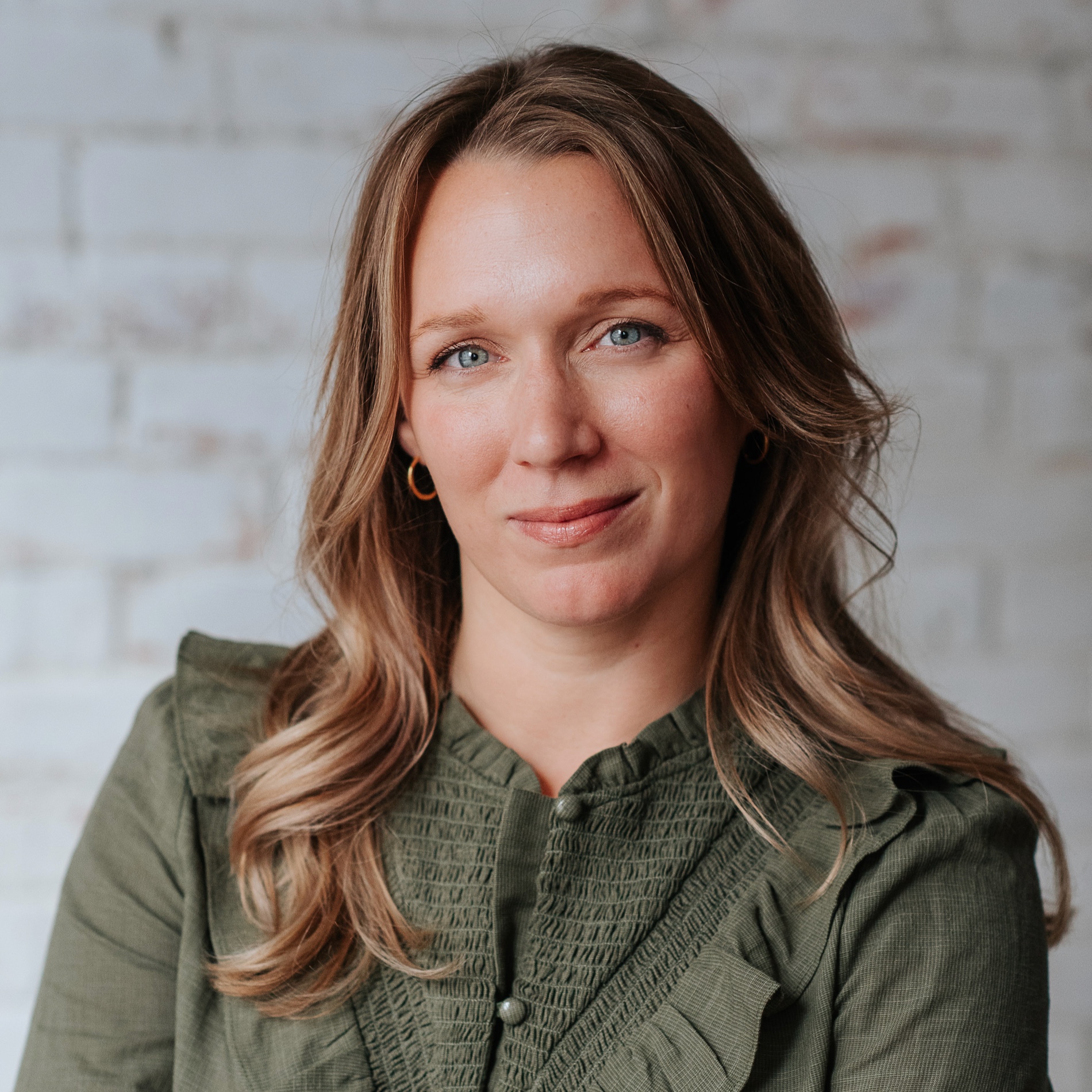Every April, homeowners start thinking seriously about selling — and for good reason. With warmer weather and the end of the school year on the horizon, it’s an easier time to prep, list and plan a summer move.
But before you break out the ‘For Sale’ sign, we tapped realtor Morgan Taylor for her expert advice on how to get your home market-ready without overspending, and what the most recent market shocks could mean for Edmonton’s hot housing market.
A former TV news producer, Taylor has a knack for translating complex data, trends and market shifts into clear, actionable advice for everyday homeowners. In this interview, she breaks down what’s worth fixing, what’s not, and how a few small upgrades can add serious value when it’s time to sell.
Edify: Let’s assume someone has $20,000 to renovate a part of their home before selling it. How should they spend it?
Taylor: Kitchens and bathrooms are the highest return on investment, but that doesn’t mean I recommend renovating your kitchen to sell. Because unless you’re a flipper — you’ve got a budget, investors, and cost-effective ways of upgrading a place — you probably won’t get the return on investment. Unless you’re putting in the elbow grease to totally transform an ’80s home, we just recommend selling it as is.
Edify: What should they prioritize then?
Taylor: Some of the best things you can do is pre-pack, declutter and get a deep clean. Next to that would be making those small repairs you’ve been putting off — we all have them. And, I always say that a $50 can of paint is worth thousands on the wall. I recently worked with a couple who, on our teams’ advice, spent about $5,000 on some small repairs, a good cleaner, and freshening up areas that felt a bit worn out. They ended up selling their home for more than $70,000 over list price.
Edify: What are things people don’t consider when prepping their homes to sell that they should be prepared for?
Taylor: I run into a lot of folks who haven’t seriously thought about how they will logistically coordinate their next move. Are you going to close on your old home first, take the cash, and then buy the new one? If so, where are you and your stuff going to live in the meantime? Or, what if you need the equity in your current home to buy the next? In that case, you should really work with a mortgage broker to bridge the gap between buying and selling — then loop your realtor in on the plan before you even look at a new house. But there are so many nuances to each home and situation, and so many more questions. Like, will you need an updated real property report? Do you require Dower consent? Do you have all of the condo documents?
